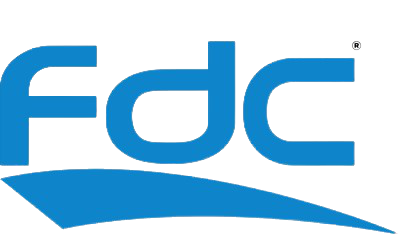Blockchain technology has gained significant attention in recent years for its potential to revolutionize various industries, including healthcare. The decentralized and secure nature of blockchain makes it an ideal solution for storing, managing, and sharing sensitive health data. In this article, we will explore the role of blockchain in healthcare, its benefits, challenges, and future applications.
Blockchain is a distributed ledger technology that enables secure and transparent transactions without the need for intermediaries. Each transaction is recorded in a block, which is then linked to the previous block, creating a chain of blocks. This chain is distributed across a network of computers, making it virtually impossible to alter or tamper with the data. This level of security and transparency makes blockchain an ideal solution for storing sensitive health information.
One of the key benefits of blockchain in healthcare is the secure and efficient storage of patient data. Traditionally, health records are stored in centralized databases, making them vulnerable to hacking and unauthorized access. With blockchain, each patient owns their data and can grant access to healthcare providers on a need-to-know basis. This not only ensures the privacy and security of health information but also reduces the risk of data breaches.
In addition to storage, blockchain can also streamline the sharing of health data among healthcare providers. Currently, patients’ records are often fragmented across different providers, making it difficult to access a complete medical history. With blockchain, all relevant information can be securely stored and shared in real-time, allowing for more informed and coordinated care. This can lead to better health outcomes and reduced medical errors.
Another potential application of blockchain in healthcare is in clinical trials. Clinical trials are crucial for the development of new drugs and treatments, but the process is often slow, costly, and plagued by data manipulation. Blockchain can provide a secure and transparent platform for recording and sharing trial data, ensuring the integrity of the results. This can speed up the drug development process and ultimately bring new treatments to market faster.
Despite its potential benefits, blockchain technology also poses challenges in healthcare. One major challenge is the interoperability of different systems. Healthcare providers use a variety of electronic health record systems that may not be compatible with blockchain technology. Overcoming this challenge will require collaboration among stakeholders and the development of standards for data exchange.
Another challenge is the scalability of blockchain networks. As the volume of health data continues to grow, blockchain networks may struggle to handle the increased load. This could lead to slower transaction times and higher costs. Solutions such as sharding and off-chain protocols are being explored to address this challenge and improve the scalability of blockchain in healthcare.
Looking Stock Wave AI ahead, the future of blockchain in healthcare is promising. As the technology matures and more stakeholders adopt blockchain solutions, we can expect to see greater efficiencies, improved data security, and enhanced patient outcomes. Regulatory bodies are also beginning to recognize the potential of blockchain and are exploring ways to ensure compliance with existing laws and regulations.
In conclusion, blockchain technology has the potential to transform healthcare by providing secure and efficient solutions for storing, managing, and sharing health data. While there are challenges to overcome, the benefits of blockchain in healthcare are significant and can lead to improved patient care and outcomes. As the technology continues to evolve, we can expect to see greater adoption and integration of blockchain solutions in the healthcare industry.


